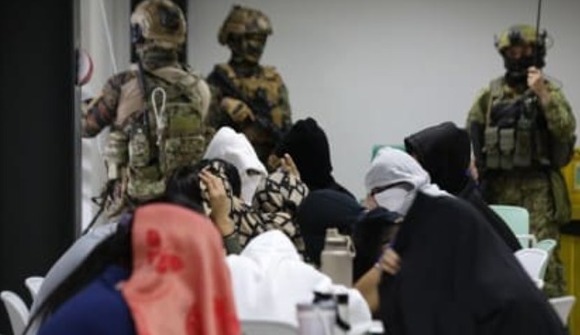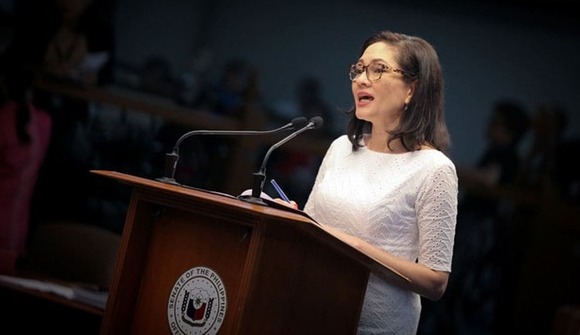
Singapore to crack down on unlawful gambling during World Cup 2022
Singapore is stepping up its efforts against unlawful gambling and problem gambling during the World Cup 2022 period, from November 20th to December 18th.
According to a statement by the Ministry of Home Affairs, Singapore Pools Pte Ltd is the only operator licensed to provide lotteries and sports betting services in Singapore.
Under the city-state’s Gambling Control Act (GCA), anyone conducting unlawful gambling will be liable on conviction for a fine of up to SG$500,000 ($363,000) and imprisonment of up to seven years. For repeat offenders, this is increased to SG$700,000 ($509,000) and a term of 10 years.
Those gambling with unlicensed gambling service providers are liable for a fine of up to SG$10,000 ($7200), imprisonment of up to six months, or both.
The authority notes that they already detained 24 men and five women for ‘suspected involvement in providing unlawful remote gambling services, seizing SG$790,000 ($574,000) in cash, computers, mobile phones and ‘gambling-related documents’. Four of the individuals have since been charged.
Going forward, police ‘will work with various stakeholders to disable telephone lines that are reported to be advertising unlawful gambling activities, block access to unlawful gambling content and websites, as well as close bank accounts involved with unlawful gambling activities’. The police will also identify and ‘take to task’ the perpetrators as well as taking ‘tough enforcement action against […] those who assist gambling syndicates in any way’, the statement notes.
The authority notes that, to date, the Gambling Regulatory Authority has blocked ‘about 1,200 remote gambling websites, about 250 bank accounts and more than SG$33 million ($24 million) of payments linked to remote gambling services’.
The National Council on Problem Gambling Chairman noted that “The World Cup is a major sporting event that should be enjoyed without the fear of gambling debts. We urge everyone to exercise personal responsibility and keep a look out for their family and friends who may be affected by problem gambling”.
By: Kelsey Wilhelm
Source: https://agbrief.com/news/singapore/18/11/2022/singapore-to-crack-down-on-unlawful-gambling-during-world-cup-2022/
Other Interesting Articles: https://asiacasino.org/2022/11/21/how-to-win-online-casino/
See other website: Oriental Game
Other Interesting Articles
 Thailand Cracks Down on Illegal Online Gambling Websites Sep 20, 2022
Thailand Cracks Down on Illegal Online Gambling Websites Sep 20, 2022











